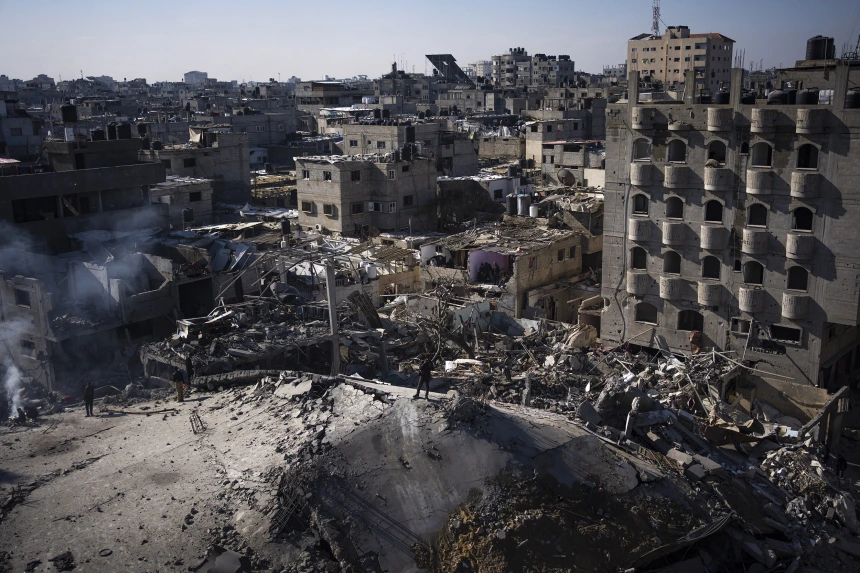The conflict between Israel and Hamas in Gaza has resulted in a devastating death toll, with at least 30,000 people killed, according to the Palestinian Health Ministry. The escalating violence has drawn condemnation internationally and isolated Israel, prompting concerns from its traditional allies.
Despite talks of a potential cease-fire, the military campaign shows no signs of ending, with Israel indicating its intent to target Rafah, a densely populated city in southern Gaza.
The majority of casualties in Gaza are reported to be women and children, raising concerns about potential violations of international humanitarian law. While Hamas’s initial attack on Israel is widely regarded as a war crime, Israel has also faced accusations of breaching international law in its response.
The United Nations Secretary-General has criticized both sides for their actions, emphasizing the importance of protecting civilians and avoiding collective punishment.

The death toll provided by Palestinian officials is considered accurate by American and UN officials, with concerns that the actual number of casualties could be higher. Aid workers on the ground highlight the extensive destruction and displacement caused by the conflict, with significant damage to residential buildings and infrastructure.
Efforts to evacuate civilians and establish safe zones within Gaza have been undertaken by Israel, but concerns persist about the humanitarian impact of the ongoing violence.
Israel justifies its military actions as necessary measures to combat Hamas following its initial attack. Despite assertions of minimizing civilian casualties, accusations persist that Israel has targeted civilian areas and used disproportionate force. The conflict has further strained relations between Israel and the international community, with accusations of human rights violations and calls for accountability.
Hamas’s designation as a terrorist group complicates efforts to address the root causes of the conflict and negotiate a lasting peace.
There are divergent views within the international community regarding the appropriate response to the crisis, with some countries expressing support for Israel’s actions while others condemn them. The ongoing violence exacerbates tensions and hampers efforts to achieve a diplomatic solution.
President Joe Biden faces domestic pressure to reassess the United States’ relationship with Israel and its military support. While expressing concerns about the conflict, the US has been criticized for its perceived endorsement of Israel’s actions.
Calls for a cease-fire highlight the urgency of resolving the crisis and addressing the humanitarian needs of the affected populations. However, achieving a lasting peace will require concerted diplomatic efforts and a commitment to addressing the underlying grievances of all parties involved.


